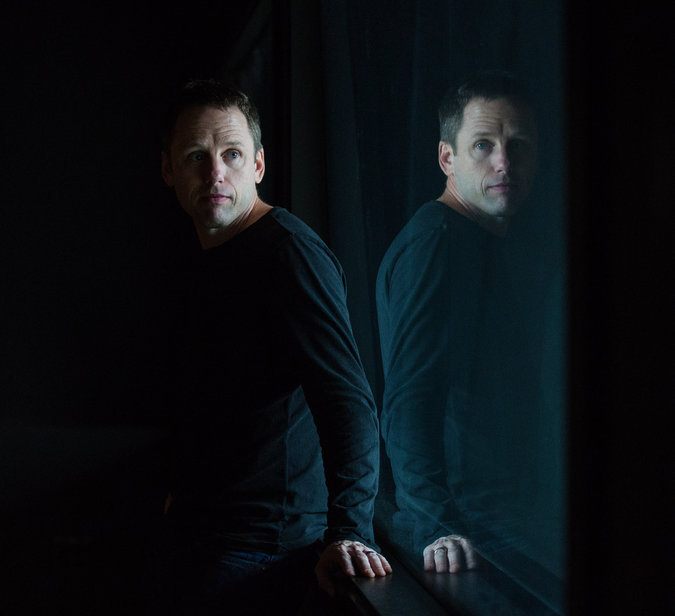In the Stream of Internet Radio, Mu...
In the Stream of Internet Radio, Music Stations Hold Their Own

SEATTLE — Internet radio was supposed to squash small FM music stations like KEXP. Someone forget to tell that to KEXP, the little station that has helped start the careers of big music acts like the Lumineers and Macklemore and Ryan Lewis.
Last week John Richards, the morning D.J. at KEXP, walked through the station's gleaming new headquarters not far from the Space Needle. It is a $15 million project intended to further the station's evolution into a brick-and-mortar music programmer for the Internet age.
As workers put the finishing touches on the soaring public performance space near the building's entrance, Mr. Richards pointed to a corner that will eventually have a cafe and another that will house a record store. A large soundproof window provided an aquarium-like view into the booth that Mr. Richards and other D.J.s will begin broadcasting from next month.
"It's like 'Star Trek' in here," Mr. Richards said, inspecting the electronic consoles, microphones and computer displays inside the booth.
Music fans live in a time of plenty, when nearly every song for any musical taste can be listened to in an instant over the Internet, from Spotify, Pandora and dozens of other sources. Satellite and commercial radio crowd the airwaves with further options for discovering new music and listening to the old.
And yet a handful of nonprofit music stations like KEXP with roots in college radio have never been doing better. They are using the Internet to reach bigger audiences around the globe, adding to their video programming and seeking to become in-person destinations for fans.
Most of all, they are trying to stand out with their music programming, with genre-hopping mixes selected by D.J.s rather than software or dictated by program directors at commercial radio chains.
The abundance of music and methods of distribution has increased demand for human tour guides for all of it.
"There's so much music out there, so many places to go," said Roger LaMay, general manager of WXPN, a public music station in Philadelphia, and chairman of the board of National Public Radio. "But finding curation from a trusted source is a lifeline for most music lovers who don't have the time or wherewithal to sift through it all on their own."
Previous:
Youth Coding Event Gets a Hand
Next:
New Mobile Search Start-up Foc






